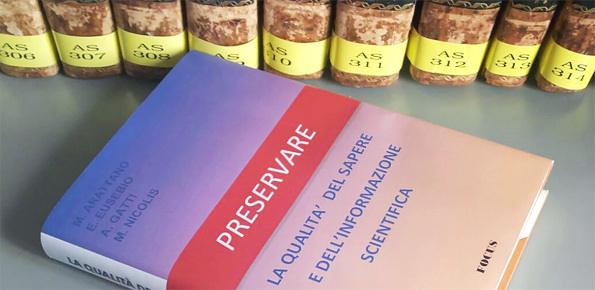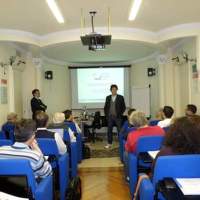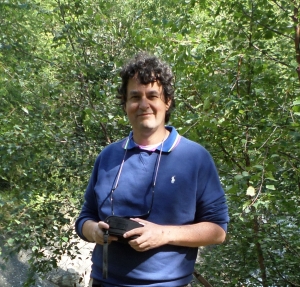Preserving quality of scientific knowledge and information
How we can grant sustainability of the current systems of transfer of knowledge and information

It is part of the mission of the Italian National Research Council, and consequently of our Institute, the task of producing new knowledge. This aim, fundamental to the social and cultural progress of our Country, needs to be accompanied by another, equally important, target: ensure that the quality of learning and knowledge already conquered, and the quality of its retransmission to future generations are properly preserved.
Are we sure we are able to accomplish this?
In recent years, with the advent of the Internet and the digital age, the possibilities for storage and transmission of knowledge have grown enormously, with a consequent increase in the availability of knowledge itself. Already in the mid 90’s the Nobel laureate Murray Gell-mann, in an essay entitled “Information versus knowledge and understanding”, denounced the danger of a deterioration of the quality of the available information that the Internet contributed to make more acute. According to Gell-Mann, “we hear much more about how to disseminate the available material and transfer it from one medium to another than about how to separate the wheat from the chaff and extract meaningful conclusions”.
Which remedies do we have to preserve the quality of information, especially scientific, and ensure the sustainability of the current systems of transfer of knowledge?
A few years ago, we started a research in geoethics aimed at identifying tools and didactic principles that could serve to enhance the expressive and communicative abilities of undergraduates who carried out their thesis in collaboration with our Institute. In conducting the research, we were inspired by the recommendations of Gell-mann, but also by the content of essays and articles on the subject of other eminent men of science, from Gustavo Colonnetti to Richard Feynman, Thomas Khun and Jean Piaget. We felt that a good way to ensure the preservation of the quality of knowledge was to improve the quality of expression of the young generation of graduates, enabling them to retransmit their knowledge with quality and to recognize and correct the bad information with which they eventually came in contact.
Over the years, we have identified a few fundamental educational principles, and developed original exercises that have proven particularly effective to achieve our scope.
Results
Not to limit the experimentation of the results of our work to our undergraduates, we have structured specific courses to teach systematically the theoretical foundations and the exercises identified during the researches. The courses have been proposed as part of the training offer of the Fondazione dell’Ordine degli Ingegneri of the Province of Turin (FOIT).
The immediate success of the courses, and the many favorable evidences that participants have mailed to the Foundation, prompted the Board of Directors of FOIT to repeat our courses in the years and to propose them also to the “protected categories” (unemployed and disabled people), which the Foundation provides training support to. This allowed us to significantly expand the scope of the experimentation, and reveal unsuspected and varied possibilities of application of the results of our researches.
We have shown experimentally that it is possible to improve the communicative ability of an individual, also in relation to complex and technical issues, making the individual more capable to communicate with any type of audience, including young children.
Granting institutions
Fondazione dell’Ordine degli Ingegneri della provincia di Torino (FOIT).




 Contact person: massimo arattano -
Contact person: massimo arattano -